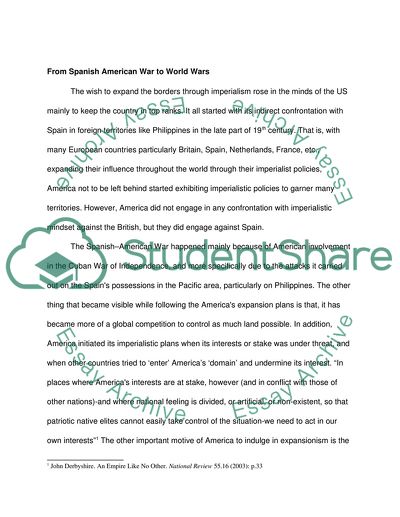Cite this document
(“From relative isolation to international role Essay”, n.d.)
Retrieved from https://studentshare.org/miscellaneous/1586479-from-relative-isolation-to-international-role
Retrieved from https://studentshare.org/miscellaneous/1586479-from-relative-isolation-to-international-role
(From Relative Isolation to International Role Essay)
https://studentshare.org/miscellaneous/1586479-from-relative-isolation-to-international-role.
https://studentshare.org/miscellaneous/1586479-from-relative-isolation-to-international-role.
“From Relative Isolation to International Role Essay”, n.d. https://studentshare.org/miscellaneous/1586479-from-relative-isolation-to-international-role.


